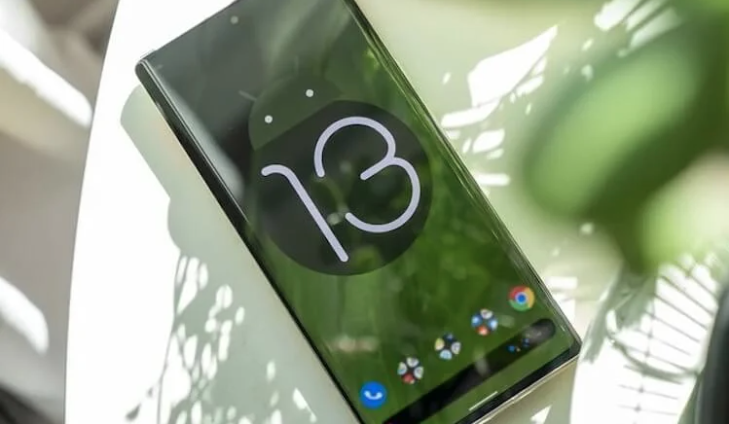Android 13 is still getting ready to be released, but gradually we will learn more and more new things about it. It should be officially presented only on May 10 at the Google I / O conference, but the developers are already working with it to the fullest and sharing new features that they find in the operating system code. Now they have announced a new feature for mobile gamers. It will allow you to take a fresh look at games within Android … Or maybe not. This has yet to be figured out after the release of Android 13 itself, but for now, we can find out what exactly the developers found and what they said about it.
New Android 13 feature
According to newly discovered code in the Android 13 Developer Preview, Android gamers may be pleasantly surprised by Android 13.
According to Mishaal Rahman, the latest preview includes a new method in the GameManager API. The new setGameState method will allow the game to communicate its state to the platform and whether it is currently loading. This, in turn, can help speed up game loading by prioritizing CPU usage and improving overall performance.
How games will work in Android 13
Using the new method, games can tell the system whether they should be interrupted or not. This feature can directly affect boot times, allowing developers to tell the system to boost CPU performance and keep it from cluttering up resources, assets, and more. Since resource loading is often what slows the game down the most, this update can greatly improve the overall experience by making transitions from one scene or sequence to another much smoother.
Many gamers, even with powerful smartphones, often find themselves dissatisfied with the way games work. They don’t load fast enough, they don’t run smoothly enough, and they crash from time to time. And all due to the fact that Android is not focused on games. She has her own priorities, which seem to her more important. Resources are allocated to them. Even when they are needed to load the game or process scenes inside it after loading.
Improving performance in games
Now the system will understand that if a person has downloaded the game, then he wants to play, and other background processes that do not affect the operation of the smartphone as a whole and its security are indifferent to the gamer. This means that it will be possible to distribute resources more correctly. This will primarily be useful for those who play on inexpensive phones, the power of which is not enough to ensure the execution of all tasks in a row at the same time.
In addition to tweaking game states, Android 13 is also poised to add programmable shaders to games, giving developers more options than the current RuntimeShaders. This will allow them to create better graphics and give them finer control over how their games look.
How soon will new features come to Android?
If these features arrive in the production version of Android 13, which will help to significantly improve the performance of games and give developers the opportunity to make their games even better.
But, as usual, there is one problem that can prevent the implementation of such a good idea. It is laziness or lack of competence of developers. They may simply be unwilling (or unable) to implement support for such a feature. Especially for older games that have not received updates for a long time.
In addition, such a change will be most relevant for demanding games, which are not so many. In the end, it turns out that not lazy developers will make the necessary changes to their products, but we may not immediately notice a big difference . There will be a transitional period for the feature to become mainstream. However, the duration of this period depends on Google and how it will push developers to implement this feature. Maybe it won’t make sense to them, or maybe Google will keep a close eye on it. Time will tell.

